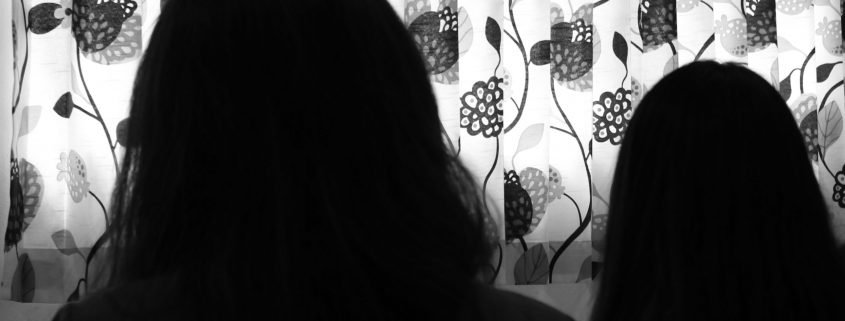From Violence to Safety: Your help for Refugees
Gang violence in countries like El Salvador and Honduras has created a refugee problem for families in Central America. Many go to Nicaragua where your support of CEPAD means they can start over without fear. Karla is one of those affected by this violence.
Nicaragua is the second poorest country in the Western Hemisphere while also being one of the safest countries in Central America. The most common cause for fear and insecurity in Nicaragua is petty theft caused by poverty and lack of adequate jobs.
Things are different in neighboring countries such as Honduras and El Salvador. Unlike in Nicaragua, large parts–or all parts, some argue–of Honduras and El Salvador are controlled by gangs. Each gang has control over a particular area, and when other gang members intrude into their sector, firefights and violence occurs.
For some, staying in their country is not an option–for them, the only way to be safe and have peace of mind is to leave the country altogether. Nicaragua is often their destination, due to the safety and lack of gangs in the country.
Once they arrive in Nicaragua with no belongings, no family and no contacts they are desperate for help to establish a new life.
With your aid, CEPAD works with the UN Refugee Agency (UNHCR) to provide food, shelter, and legal aid to refugees from around the world, some coming from as far as Eastern Europe and the Middle East. Most refugees in Nicaragua are from El Salvador and Honduras.
Karla* is one of the refugees, running away from the gang violence in El Salvador.
Karla started dating a boy when they were 15. Shortly after they began dating he joined a gang and she wanted to end the relationship. However, when she found out she was pregnant she decided to give him some time, hoping that he might change after their daughter was born. A few years passed with no change.
One day her boyfriend was involved in a violent incident against a young girl belonging to a rival gang and he was sentenced to 14 years in prison. Karla was forced to visit him in prison with her daughter by members of his gang.
After many more years, and with her daughter having grown older and more aware of the situation, Karla decided she had had enough, and moved to Nicaragua. She had no acquaintances, no belongings, and no knowledge of how things work in Nicaragua. But she was told that CEPAD works to help refugees, and she sought out CEPAD offices to ask for help.
Your generous donations have enabled CEPAD to find her a home to stay in, and continue working with immigration to help her obtain legal status.
Her daughter, who is now 15, is enrolled in a school and is hoping to study English in college after she graduates. They still worry that they might be recognized, and asked for anonymity in this interview. But in Nicaragua, they don’t have to look over their shoulders, afraid that an enemy gang member might be stalking them. They have been reborn, in a sense, thanks to the joint efforts of CEPAD, the UN, and generous donors like you.
* Names have been changed for reasons of personal safety.



